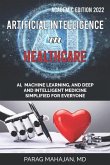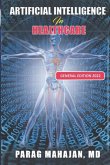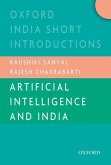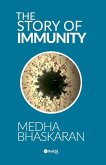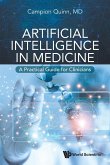Artificial Intelligence (AI) is transforming modern laboratory testing by enhancing efficiency, accuracy, and speed across various fields. In water quality testing, AI leverages sensors and machine learning algorithms to analyze data in real-time, predicting contamination and optimizing resource allocation. This proactive approach prevents issues like industrial pollution and waterborne diseases by detecting anomalies early. In vaccine potency testing, AI helps streamline the evaluation process by predicting vaccine stability and efficacy using historical data. It can automate biological assays and reduce human error, which is crucial for developing vaccines quickly in response to emerging diseases, such as during the COVID-19 pandemic. AI also plays a vital role in the detection of yellow fever and other infectious diseases. Traditional lab-based diagnostic methods can be slow, but AI-driven systems, such as image recognition and predictive models, enable faster and more accurate identification of symptomatic patterns and molecular markers. These advancements improve early diagnosis and outbreak management in endemic areas. Overall, AI is revolutionizing laboratory testing by automating processes, predicting risks, and providing real-time insights. Its continued integration promises even more breakthroughs in diagnostics, public health, and environmental monitoring, leading to better decision-making and improved outcomes.
Hinweis: Dieser Artikel kann nur an eine deutsche Lieferadresse ausgeliefert werden.
Hinweis: Dieser Artikel kann nur an eine deutsche Lieferadresse ausgeliefert werden.



